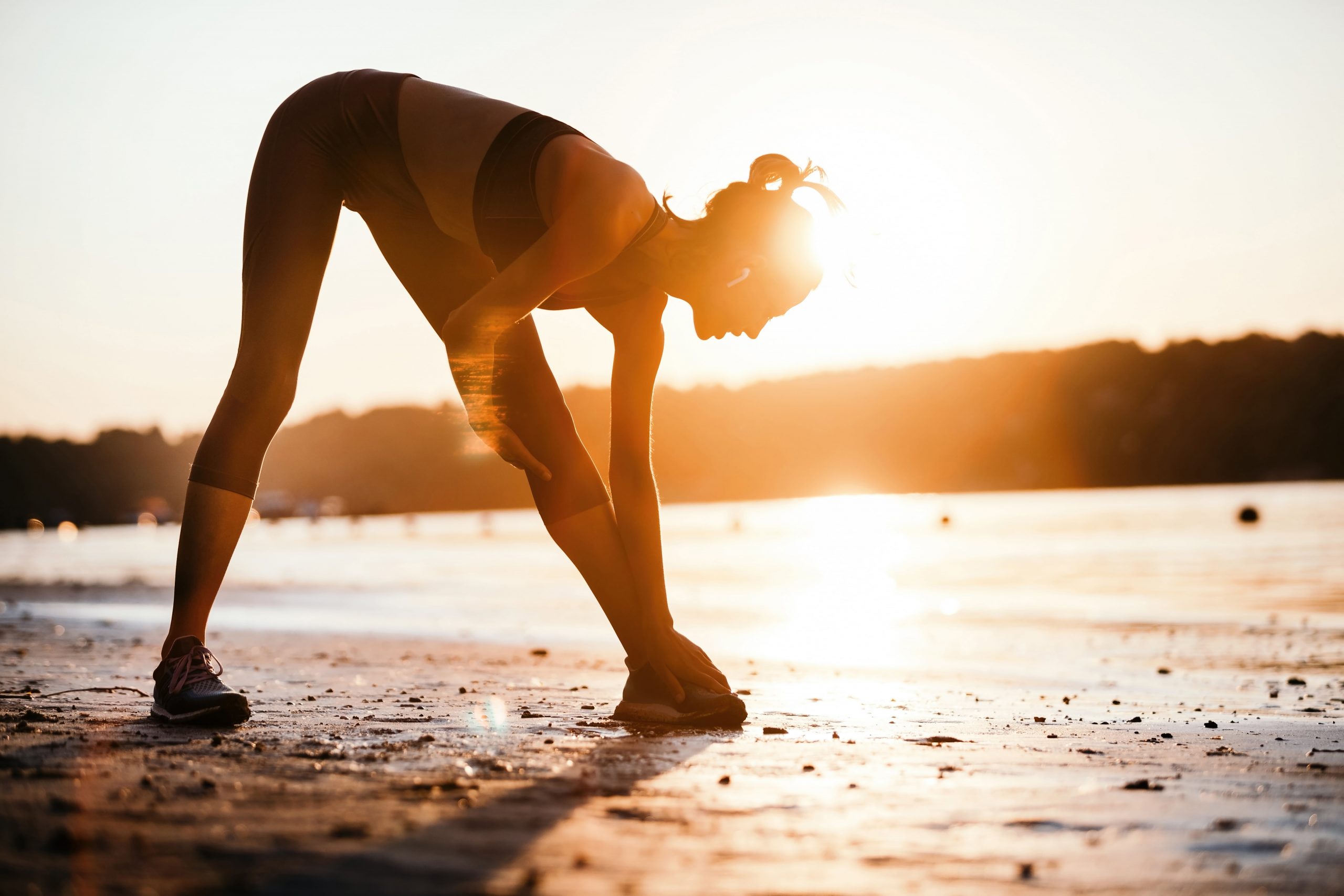It’s no secret that working out is good for you. Exercise has countless benefits, including improving your mental health, reducing stress, and helping you sleep better. But there’s more to getting the most out of your workout than just showing up. In order to really maximize the benefits of exercise, there are a few things you should do before you even start sweating.
1. Eat a nutritious meal: What you eat before a workout can make a big difference in how you feel during and after exercise. Eating a nutritious meal that includes some protein and complex carbohydrates will give you the energy you need to power through your workout. And be sure to stay hydrated by drinking plenty of water throughout the day.
2. Warm up: Warming up before a workout is important for two reasons. First, it helps to gradually increase your heart rate and prepare your body for more strenuous activity. Second, it can help prevent injuries by loosening up your muscles and joints. A simple warm-up routine could include light cardio exercises like walking or jogging, as well as some dynamic stretching.
3. Set a goal: Having a specific goal in mind for your workout can help you stay motivated and on track. Whether you’re looking to improve your cardiovascular fitness, lose weight, or gain muscle, setting a goal will help you better focus your efforts.
4. Choose the right clothing: Wearing the right workout clothing can make a big difference in how comfortable you are during exercise. If you’re going to be sweating, choose clothes that are made from breathable fabrics like cotton or moisture-wicking fabrics. And be sure to wear shoes that provide adequate support and cushioning for the type of activity you’re doing.
5. Make a plan: Deciding what exercises you’re going to do before you start working out can help you make the most of your time. Having a plan also allows you to focus on each exercise and really perfect your form. If you’re not sure where to start, there are plenty of workout routines available online or in fitness magazines.
6. Warm up: Just like it’s important to warm up before a workout, it’s also important to cool down afterwards. Cooling down helps your body gradually return to its resting state and can prevent injuries by allowing your muscles to recover gradually. A cool-down routine could include light cardio exercises and static stretching.
7. Refuel: What you eat after a workout is just as important as what you eat before exercise. Eating a meal or snack that includes protein will help your muscles recover from all the hard work they just did. And be sure to rehydrate with plenty of water or an electrolyte-rich beverage like sports drink
Things to Bring on a Gym
When you’re getting ready to go to the gym, there are a few things you’ll need to bring with you to make sure you have a great workout. First, you’ll need to bring your ID or membership card so that you can get into the gym. You’ll also need to bring a water bottle so that you can stay hydrated during your workout. Finally, you’ll need to bring a towel to wipe away sweat and keep yourself clean.
In addition to the essentials, there are a few other things that can make your gym experience more enjoyable. If you like to listen to music while you work out, be sure to bring your headphones. You might also want to bring a small snack like a granola bar or an apple to eat before or after your workout. And if you’re going to be using any weight machines or free weights, be sure to bring a sweat towel to put down on the equipment before you use it.
By following these simple tips, you can make sure you have everything you need for a great workout at the gym!
Preparation to Workout to Avoid Muscle Pain
When you are getting ready to start a workout routine, there are some things you can do to help avoid muscle pain. First, it is important to make sure that you warm up properly. A good warm-up will help increase blood flow to your muscles and prepare them for the work they are about to do.
Stretch your muscles thoroughly before beginning your workout. This will help prevent them from being overworked and will also help reduce the risk of injury.
Make sure that you are drinking plenty of water throughout the day, especially in the hours leading up to your workout. This will help keep your body hydrated and will also help flush out any toxins that could contribute to muscle pain.
Finally, pay attention to your body during your workout. If you start to feel pain, stop and rest for a few minutes. If the pain persists, stop your workout and consult a doctor or physical therapist to determine the cause.










